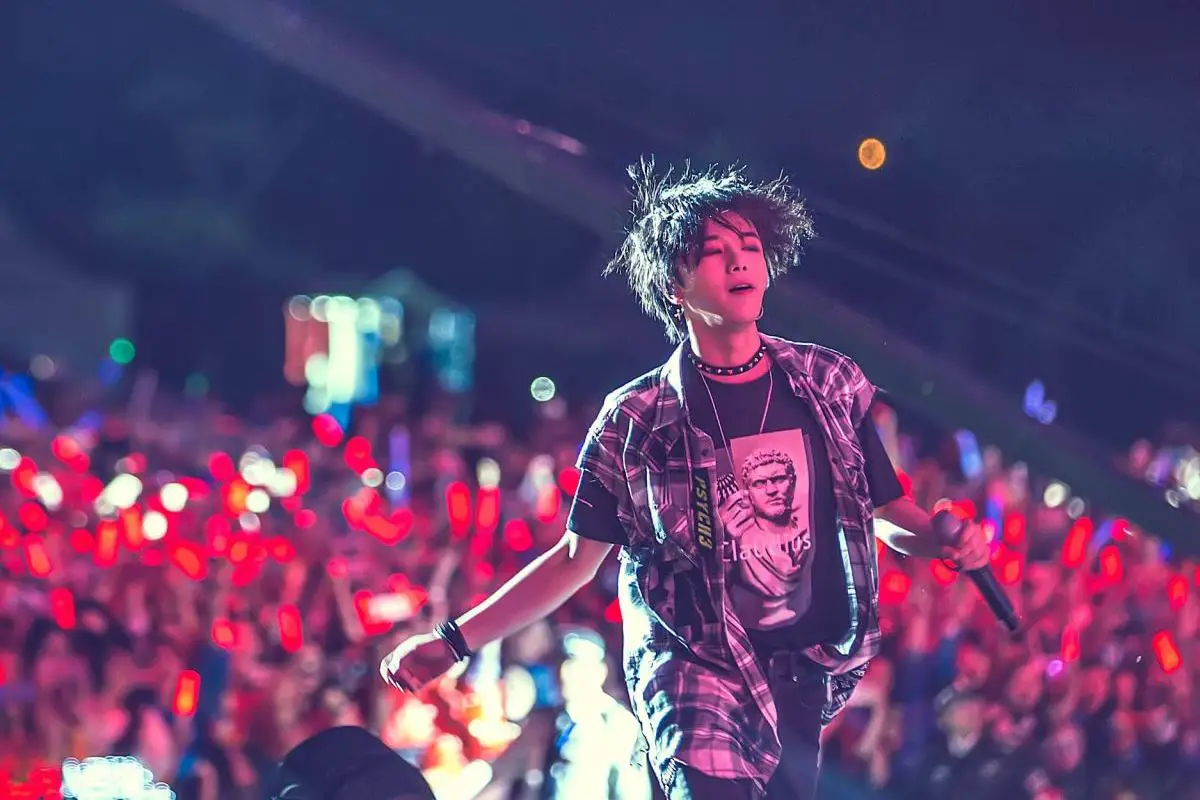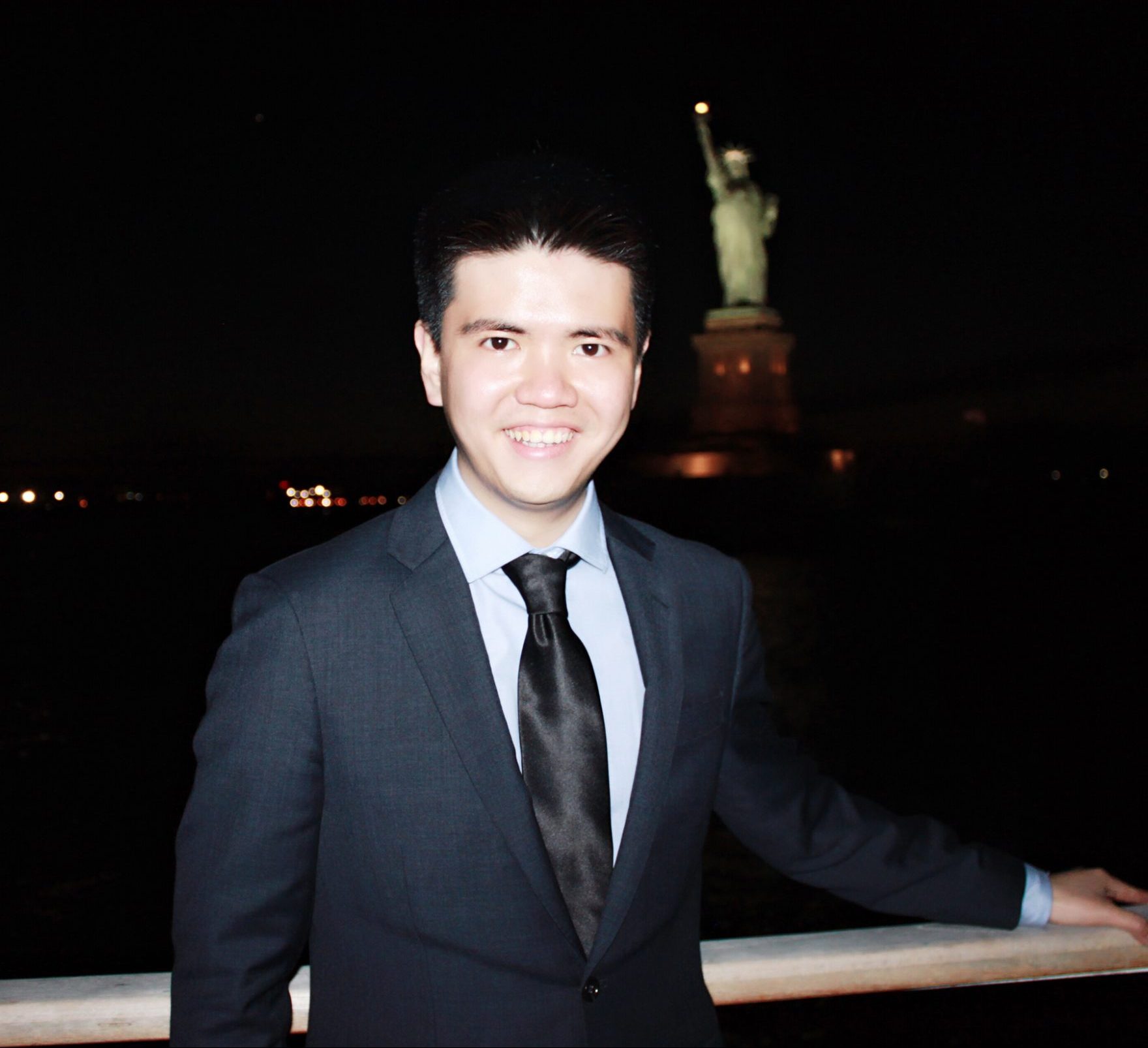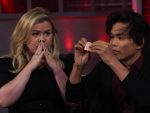“Produce Camp 2019” was a Chinese reality show where 101 young male entertainers competed for 11 seats to form a male star group through a series of training sessions as well as live singing and dancing competitions. Created by the franchise Produce 101, which has also made adaptations of similar series, this male version of the show ran for one season during 2019 and featured 10 extremely competitive episodes. The fate of each of the candidates was determined solely by online polls rather than judges; well-liked contestants were saved, while others were eliminated.
From this reality show we can easily discern how collectivism is deeply rooted in Asian culture as well as the different ways that “Produce Camp 2019” transformed, engaged and captured enthusiastic young audiences.
At its heart, “Produce Camp 2019” was a boot camp that aimed to grow star entertainers in the most intense and compressed manner possible. One of the key aspects that determined the quality of the connection between fans and their idols was familiarity. All of the candidates on “Produce Camp 2019” not only competed on stage together, but also lived with each other in a camp in order to focus on honing and “producing” their skills — hence the show’s name. This reality series became a live stage where a fan could observe all aspects of their potential idols.
In addition to singing, the audience was even exposed to the candidates’ daily activities like cooking and drawing. A fan could watch all aspects of their idol’s life in the camp and quickly learn about a particular candidate in a relatively short period of time. Unlike traditional entertainers, “Produce Camp 2019” candidates exposed the most diverse and genuine facets of their lives and swiftly cultivated a sense of familiarity among their audience.
The format of “Produce Camp 2019” further enhanced the connection between the audience and candidates by simulating scenes familiar to young people. For example, the camp that the entertainers lived in mimicked the classroom environment of a typical Chinese high school; a certain number of students are grouped into one division called a “class,” and each “class” is assigned a head teacher responsible for supervising his or her “class.”
Besides the small groups constructed within the show, the team of 101 candidates were also monitored and trained by four established entertainers. Many young people may see their school experiences as similar to those of the candidates, as the participants practiced diligently for days and nights and were disciplined by the four “head teachers.”
In a marathon-style competition, it would be inevitable for there to countless ups and downs, which is similar to everyone’s reality. The fans could deepen their connections with their idols by watching and feeling their complex personal and emotional experiences.
“Produce Camp 2019” thoroughly reflects the cultural tradition of “collectivism” in Asia through many seemingly irrelevant yet critical details. Throughout the whole show, the idea of teamwork is constantly emphasized by both the “head teachers” and the candidates. In one scene where a candidate asks for an opportunity to perform individually, for example, the candidate is severely criticized by the head teachers for his lack of team spirit and having an inflated ego.
The individual identity is strongly bound to the community of this candidate. Any indication that one is attempting to differentiate oneself from the community might be interpreted as a sign of “disloyalty.”
Another important symbol of the contingency of individual identity upon the collective community emerged at the beginning of the reality show. The host emphasized that leaving one’s family marked an important transition and the start of a brand-new journey. At the start of the show, each of the candidates donned their newly assigned backpacks and left the big indoor gym where their families and close acquaintances were sitting.
Such a scene symbolizes that to fully immerse oneself in the role of a total “entertainer trainee,” a candidate was supposed to sever their former attachment to their original communal habitat. The action also reveals the significance of the candidates’ former community in constituting, impacting and shaping the values of each of the individual contestants.
In “Produce Camp 2019,” the participants constantly sought out meaning from their experiences: present and past, hardship and perseverance, competition and friendship.
For example, at the beginning of the show, past performances from the four head teachers were played and their journeys were recounted in a way that provoked a very emotional response. Stories from the lives of the four head teachers often served as lessons for the candidates. These scenes induced people to think of the meaning of their past and how it shapes one’s life today and illuminates one’s path for the future.
The competition was naturally filled with victories and failures. In each elimination round, the emotional statements from the leaving candidates heavily gravitated toward how much they have learned and grown even though they could not continue their pursuit on this particular stage. The lessons they’d learned would inspire them as they followed their dreams and last for a lifetime.
“Produce Camp 2019” encouraged people to think about the bright side of each experience — even ones typically viewed as totally negative — and shed light on the importance of one’s growth mindset and grit.

















